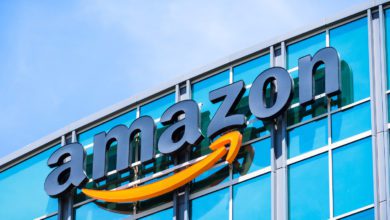Advice
Marketing your business for annual events

If you haven’t started already, now is the time to begin planning your marketing campaign for some of the biggest events of the year. As a business, it’s crucial that you get in on all of the action that could lead to a boost of sales — whether this is participating in the Black Friday weekend madness or celebrating the entire Christmas period with your customers.
You'll need to
subscribe to unlock this content. Already subscribed? Login?







